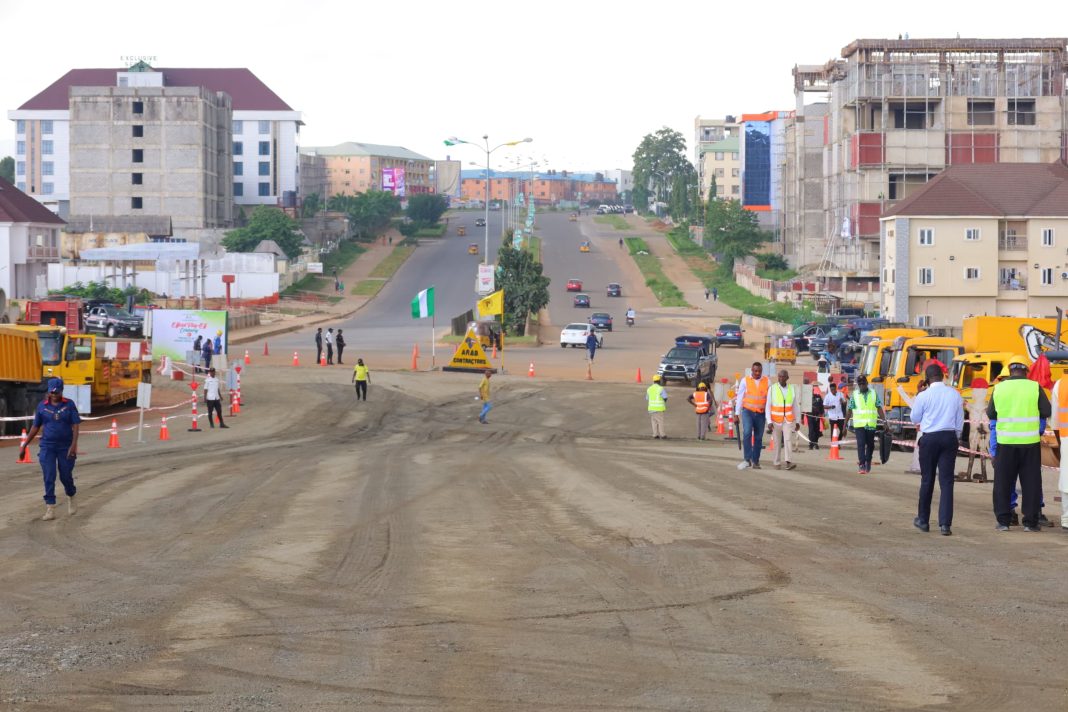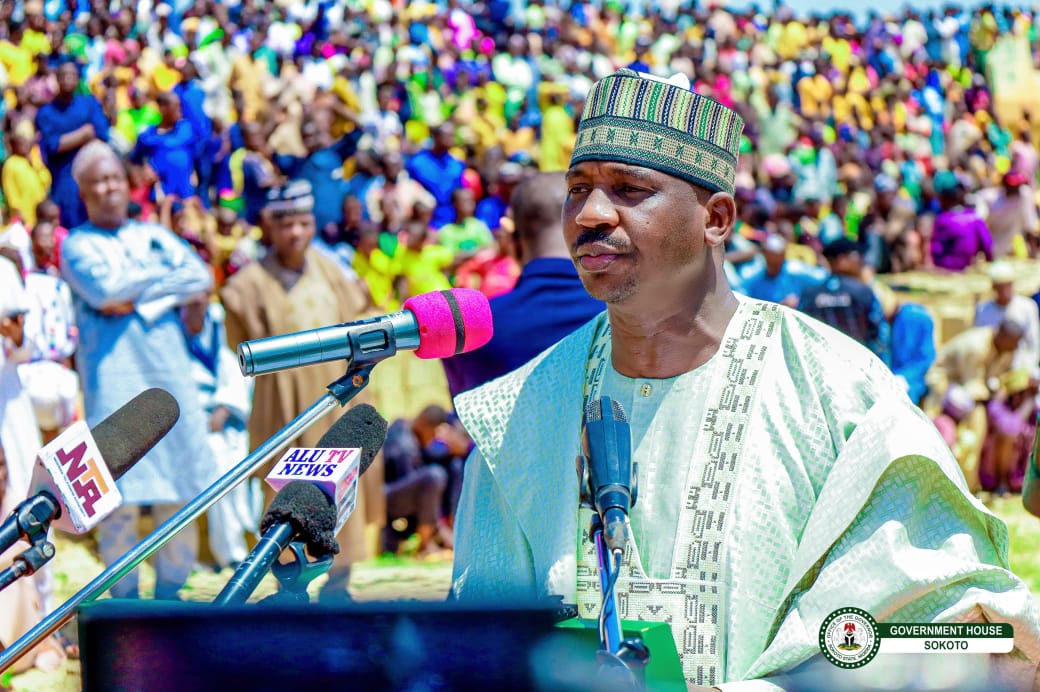By Jabiru Hassan
The Committee for the Defence of Human Rights (CDHR) has expressed deep sorrow and urgency over the persistent wave of killings across Nigeria, calling for immediate and decisive action from the government and security agencies.
In a statement, the group noted that the scale and frequency of the atrocities have reached alarming levels, leaving communities devastated and citizens disillusioned.
The organisation highlighted several recent tragedies. In Borno State’s Darul Jama village, near the Cameroon border in Bama Local Government Area, Boko Haram attacked returning displaced persons, burning homes and shooting civilians, leaving at least 55 people dead on September 5, 2025. In Katsina State, gunmen stormed a mosque in Unguwan Mantau, Malumfashi Local Government Area, during dawn prayers and also attacked nearby homes. On August 18, 2025, in Benue State, coordinated attacks across the villages of Tyolaha, Tse-Ubiam, Ahume and Aondona claimed at least 50 lives, including women and children.
In another attack on May 25, 2025, suspected Boko Haram and ISWAP militants stormed Malam Karanti village in Borno, killing 42 farmers and fishermen while also carrying out abductions. Earlier, on May 15, 2025, gunmen attacked travellers on the Okigwe-Owerri highway in Imo State, killing 23 people and burning multiple vehicles. On May 8, 2025, at least 30 more people were killed in separate incidents nationwide.
CDHR stressed that these represent only a fraction of the tragedies, noting that many others occur in remote areas with little or no media coverage, leaving families shattered, communities destabilised, and trust in government eroded.
The group reminded authorities that the protection of lives and property is the primary duty of government, not of citizens. It insisted that no criminal, regardless of affiliation, should be allowed a safe haven anywhere in Nigeria. Villages, highways, farmlands and places of worship, it said, must all be secured.
It further called for zero tolerance for impunity, urging swift arrest and prosecution of perpetrators. Those who shelter or conceal criminals, the group added, must also be held accountable under the law. On transparency, CDHR questioned reports of governors claiming to know the hideouts of criminals without decisive follow-up, demanding that such information be made public or used effectively by security agencies.
The organisation warned that the killings are inflicting wide-ranging damage on the country. It said the humanitarian crisis caused by mass displacement has forced people to abandon farms, schools and clinics, worsening poverty and hunger. Economically, it noted, reduced food production, rising prices, and a decline in investment are direct consequences of insecurity.
Socially, the killings have heightened ethnic and religious tensions, weakening national unity. Internationally, persistent insecurity tarnishes Nigeria’s image, discourages investors, and triggers travel advisories. The group also raised concerns about brain drain, as more Nigerians leave in search of safety and stability abroad, leading to loss of skilled labour and weakening institutions.
CDHR demanded that the president, state governors, security chiefs and intelligence agencies urgently deploy adequate and coordinated forces to vulnerable areas, carry out intelligence-led operations to dismantle criminal networks, and ensure that perpetrators face prosecution. It also called for transparency in communicating what is being done to end the violence.
Describing the killings as unacceptable, the organisation insisted that Nigerians should not have to live in fear in their homes, on their farms, on the roads or in places of worship.
“There is no valid excuse for failing to protect lives. The law must apply equally. Lives matter most,” CDHR said.
It added that the memory of those killed should compel all stakeholders to act decisively, stressing that Nigerians demand and deserve protection and justice.





